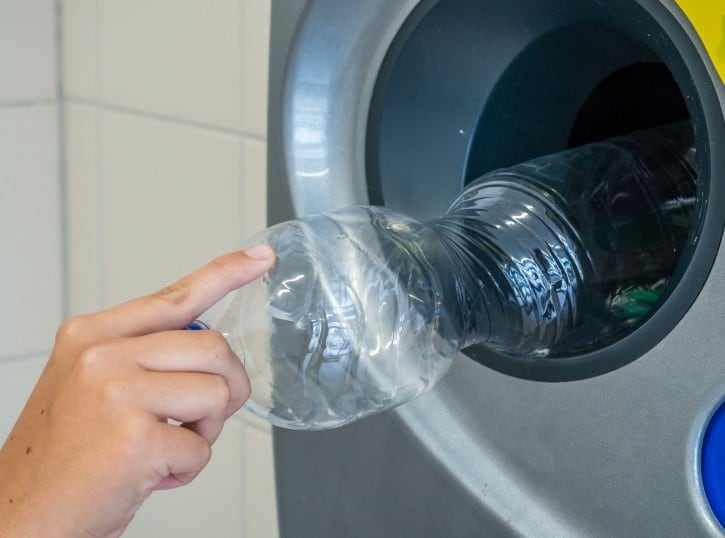A DRS involves consumers paying a small deposit when buying a drink in a single-use container like a bottle or can, and then getting that deposit back when they return the empty container for recycling.
The non-profit organisation conducted the analysis in order to inform its new interactive Global Deposit Dashboard, which it hopes will help policymaking around the circular economy.
The new dashboard will provide comparable, transparent information on DRS policies and system performance from across different regions.
For example, the total population of Europeans with access to Deposit Return schemes reached 185 million in 2024, up from 165 million in 2023.
Meanwhile, British Columbia in Canada launched the first DRS programme in 1970, covering around 2 million people.
DRS is set to go live across England, Scotland and Northern Ireland in October 2027, with the appointment of the scheme administrator or Deposit Management Organisation expected later this month. The UK scheme will include plastic, steel or aluminium containers, but not glass bottles or jars.
Wales is also working on the introduction of its own DRS, having pulled out of negotiations for a UK-wide scheme in November 2024.
Commenting on the launch of the dashboard, Reloop CEO Clarissa Morawski: “We know that deposit return systems work, but good design relies on good data. Reloop’s Global Deposit Dashboard gives users the tools to understand what’s happening on the ground, compare systems and use those insights to make better decisions.
“As the UK Government moves ahead with the vital Deposit Return Scheme, the dashboard offers insights which demonstrate the well-evidenced benefits of these schemes around the world.”
Meanwhile, Reloop’s UK and Ireland director Sarah Horner described the dashboard as a vital tool for policy makers and businesses.
“Examining programmes in isolation only tells us part of the story – this platform brings the data together, offering meaningful insights into what works,” she added.
“Its analytical features support informed, effective decision-making and help pave the way for a smoother transition to a circular economy through well-designed deposit return schemes.”





